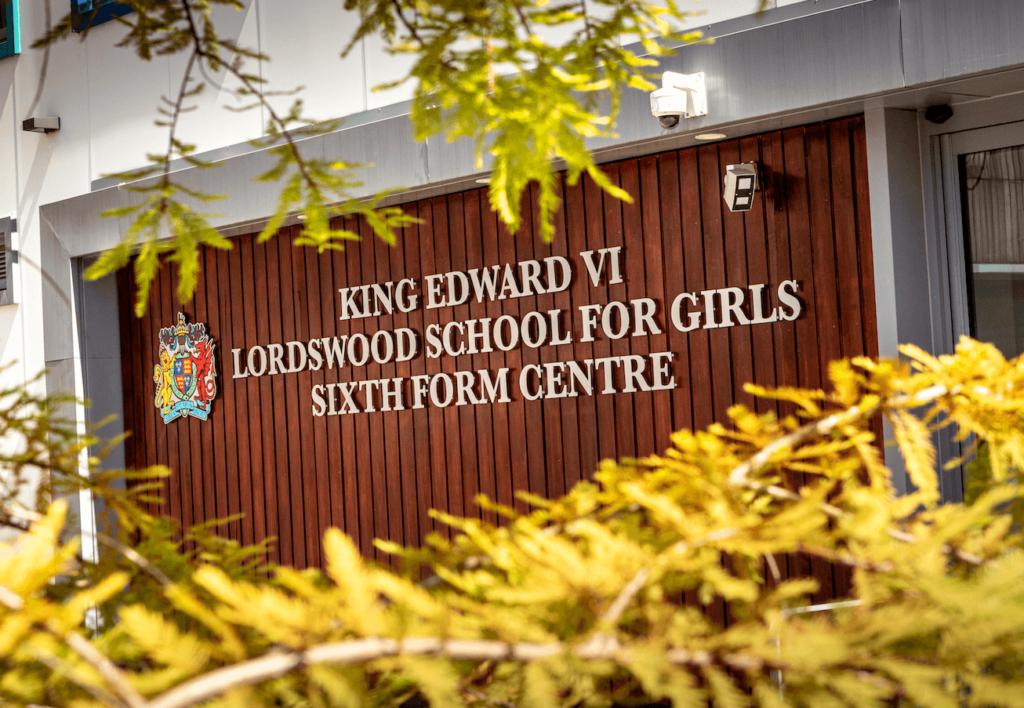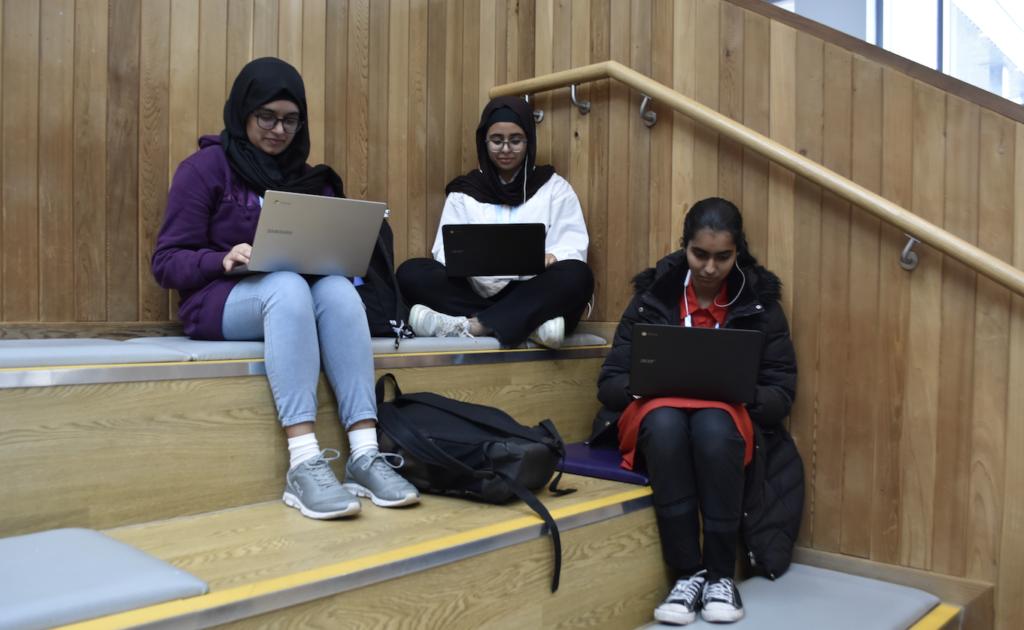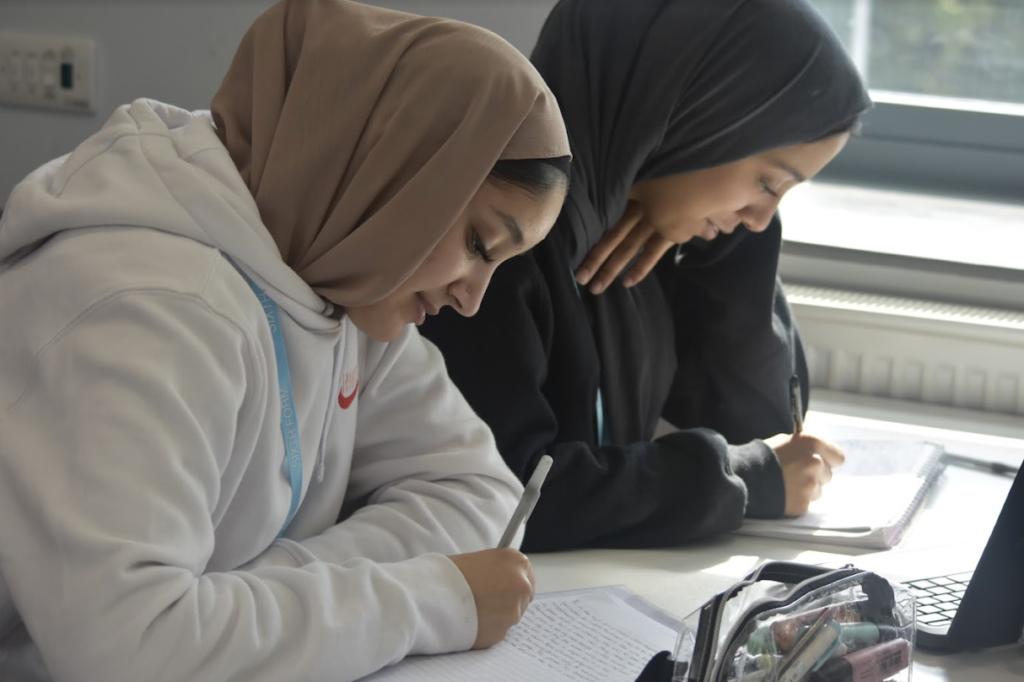OCR
The course requires the study of British and global history as well as the undertaking of a coursework unit.
Over the course you will:
- Explore how different factors cause historical events
- Explain why interpretations of history change over time
- Identify parallels and differences between different periods and topics in history
- Interpret a range of primary and secondary source material
- Craft analytical and relevant essays with an increasing mastery of vocabulary
- Develop your independent research skills
Year 12
Autumn Term
1: Unit 1: From Pitt to Peel: How successful was Pitt the Younger’s premiership? (including foreign policy)
Royal support, the 1784 election; reform of finance and administration; trade; the impact of the French Revolution; radical threats; Whig splits 1790–1794; anti-radical legislation 1794–1801.
Ending isolation 1783–1789; French Revolution to 1793; Pitt as War Minister 1793–1806 (Blue water strategy, Coalitions, Peace of Amiens)
2: Unit 1: How successful was Lord Liverpool’s premiership? (including foreign policy)
Liverpool and the radical challenge 1812–1822, the Corn Law 1815, Peterloo, government policy on law and order, the Gagging Acts and the Six Acts 1819. Tory governments 1815–1830; Liverpool, Canning and Wellington as Prime Ministers; Huskisson on trade and finance; Peel at the Home Office; repeal of the Combination Laws and Test and Corporation Acts; Roman Catholic Emancipation.
War with Napoleon – blockades, coalitions and the Peninsular campaign; Castlereagh 1812–1822 (Vienna Settlement, Congress diplomacy), Canning 1822–1827 (Holy Alliance, Spain, Portugal, Latin America and the Greek Question to 1830).
Why choose this?
Students with an A Level in history have progressed to degree programmes in a range of areas, such as: history, ancient history, archaeology, politics, international relations, journalism and law. As a very well respected subject, history is given high consideration for many other university courses (provided you meet the entry requirements) such as medicine and economics. Studying history prepares you for careers in a range of industries, including but not limited to: education, law, business the civil service.
I would really recommend an A level in history to anyone who has a genuine interest in the past or in current affairs. It is one of the most highly valued humanities degrees by universities and it can lead to a whole range of career options, not just a history teacher! You need to be a student who has an inquiring mind and who is willing to act on your own initiative to find out the detail of the topics studied. I’m going to university to study history for three more years but, even if that wasn’t my path, I wouldn’t regret studying history at all. It has made me much more questioning and evaluative about everything I see and hear in life.
A Level History student
Areas of study & assessment
- Unit 1: From Pitt to Peel, 1783-1846
- Unit 2: Apartheid and Reconciliation in South Africa, 1948-1999
- Unit 3: The Middle East, 1908-2011
- Unit 4: A choice of topics for coursework
Enrichment
- Oxford University visit
- Q&A with Professor Eugene Rogan
- Newman University visit
- Trip to Parliament



